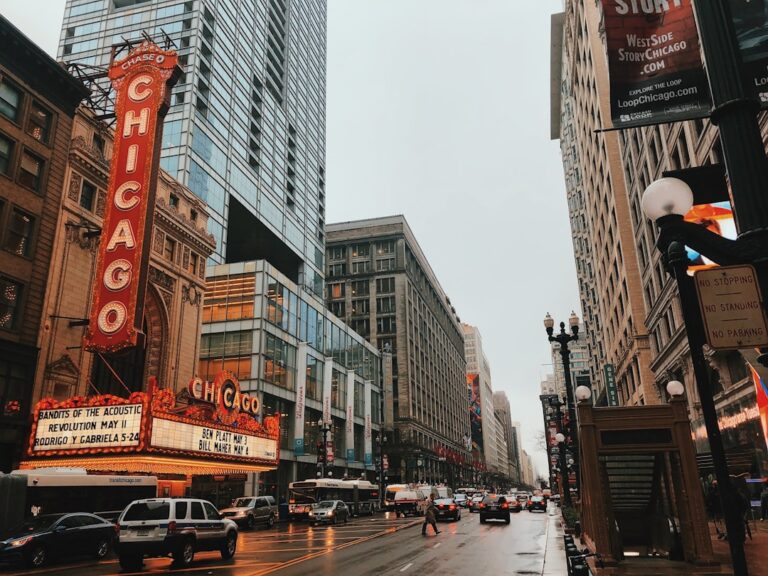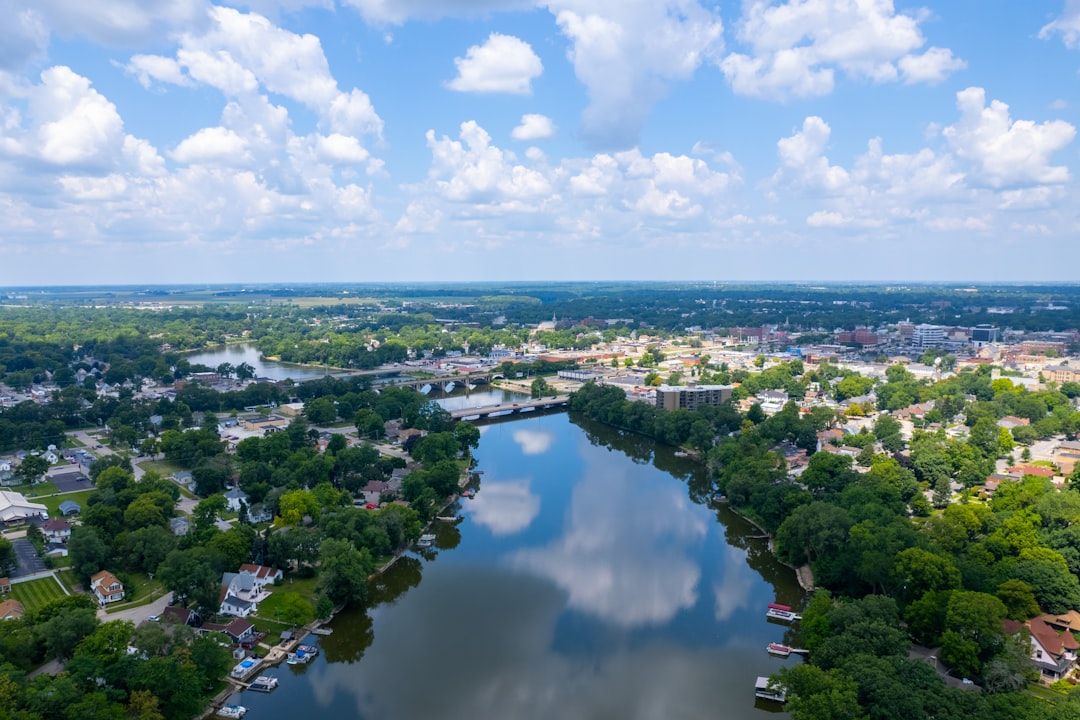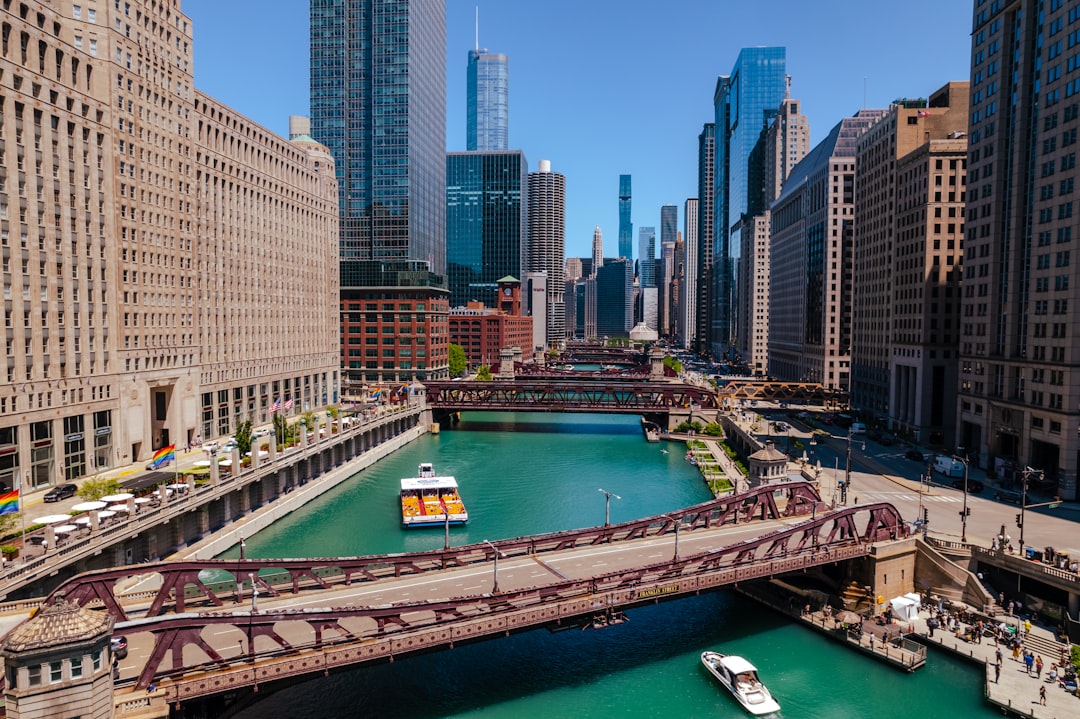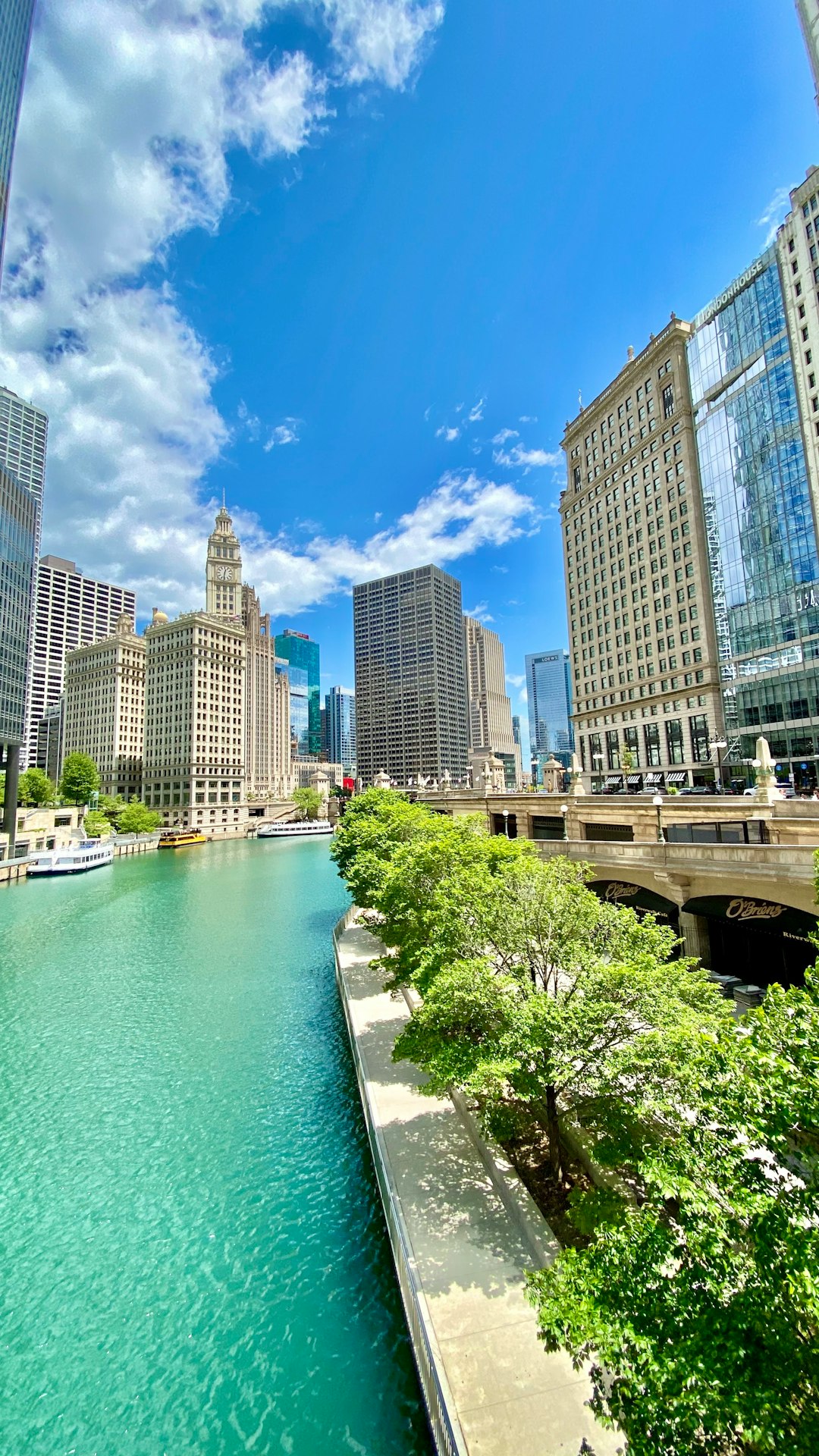In Illinois, clergy abuse refers to sexual misconduct by spiritual leaders towards individuals under their care, with victims often facing challenges in seeking justice due to fear and loyalty. Specialized clergy abuse lawyers guide survivors through complex legal processes, including statute of limitations, privacy laws, and institutional liability. These professionals file civil lawsuits against abusive clergy or institutions, ensuring victims' rights are protected and providing emotional support. Consulting a clergy abuse lawyer in Illinois is crucial for understanding one's rights to seek justice, accountability, and access to necessary support services.
“In Illinois, sexual abuse within the clergy ranks has severe legal and emotional implications. This article delves into the complex landscape of clergy abuse, focusing on legal help available to survivors. We explore the critical role of a specialized clergy abuse lawyer in supporting victims, navigating the legal process, and understanding their rights.
Key sections include an analysis of the legal implications specific to Illinois and a guide to the resources and rights accessible to victims. Empower yourself with knowledge; discover how a clergy abuse lawyer can aid your journey towards justice.”
Understanding Clergy Abuse and Its Legal Implications in Illinois

In Illinois, clergy abuse refers to any form of sexual misconduct or exploitation committed by members of the clergy against individuals under their care, influence, or jurisdiction. This can include a wide range of behaviors, from inappropriate touching and harassment to outright rape. Given the power dynamic often present in such relationships, victims may face unique challenges when considering legal action due to fear, shame, or a sense of loyalty towards their spiritual leaders.
Understanding the legal implications of clergy abuse is crucial for victims seeking justice in Illinois. A clergy abuse lawyer can help navigate complex laws surrounding statute of limitations, privacy concerns, and institutional liability. They can guide victims through the process of filing civil lawsuits against abusive clergy members or institutions, ensuring that rights are protected and compensation is sought for the harm suffered. Such legal actions not only hold abusers accountable but also serve as a testament to the importance of safety and respect within religious communities.
The Role of a Clergy Abuse Lawyer in Supporting Survivors

When survivors of sexual abuse within a clerical context seek legal help, they often turn to a specialized clergy abuse lawyer in Illinois for support. These lawyers play a pivotal role in advocating for victims and ensuring they receive justice. They understand the unique challenges faced by individuals who have suffered such trauma within religious institutions.
A clergy abuse lawyer provides critical guidance, offering both legal expertise and emotional support. They help survivors navigate complex legal procedures, explain their rights, and take appropriate actions against perpetrators or the organizations that enabled the abuse. Their presence can bring much-needed relief and empower survivors to share their stories while ensuring their protection throughout the legal process.
Navigating the Legal Process: Rights and Resources for Victims in Illinois

Navigating the legal process after experiencing clergy abuse can be daunting, but victims in Illinois have rights and resources available to them. The first step is to contact a clergy abuse lawyer who specializes in these cases. These attorneys understand the unique challenges victims face and can provide guidance tailored to their situation. They will help victims understand their legal rights, including the right to seek justice and hold perpetrators accountable.
In Illinois, there are specific laws and procedures in place to support survivors of clergy abuse. A lawyer can assist with filing a criminal complaint, seeking civil damages, or both. They can also help navigate the complex process of reporting the abuse to relevant authorities, such as law enforcement and religious organizations. Additionally, victims may be eligible for counseling services, financial compensation, and other forms of support through various legal channels.





